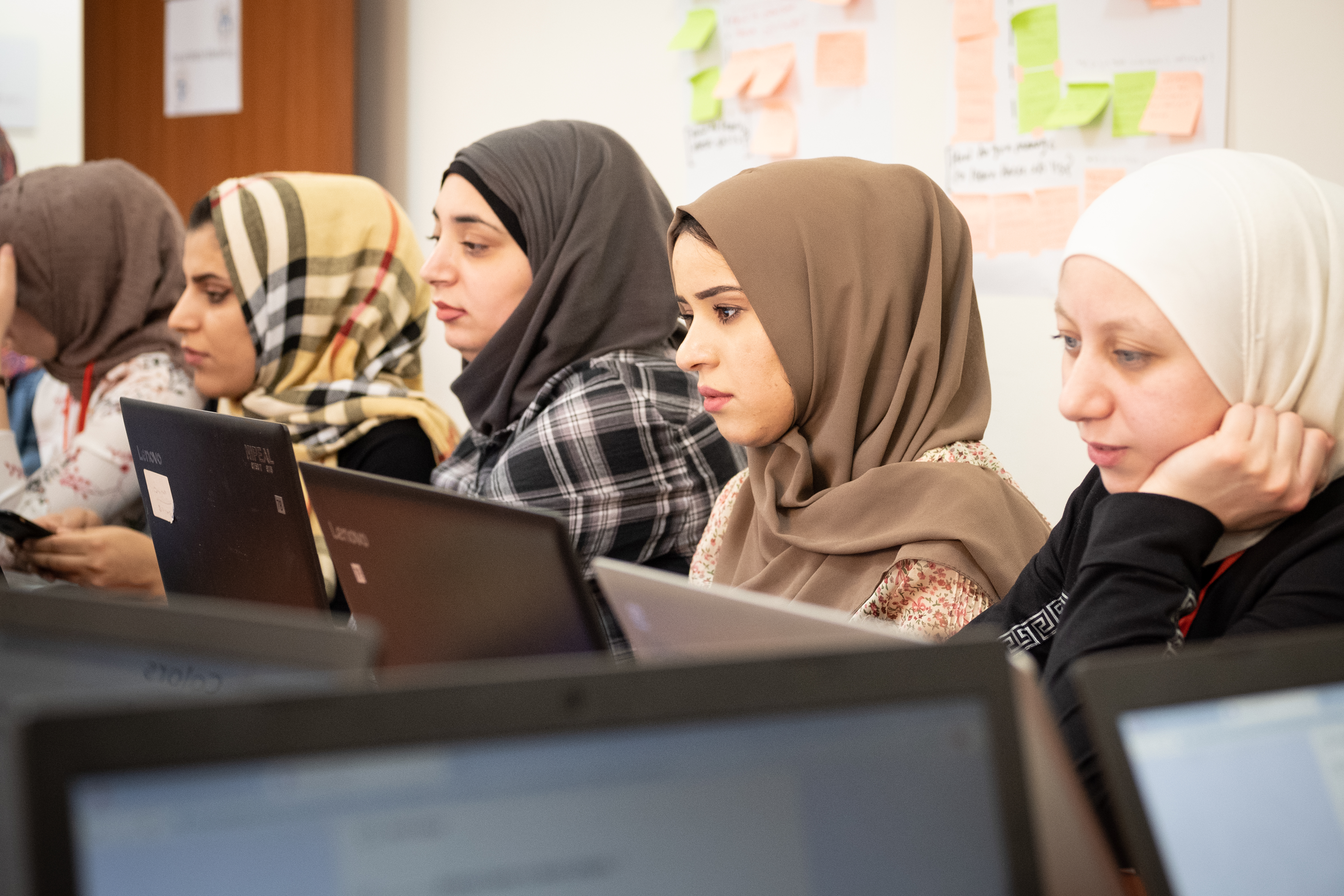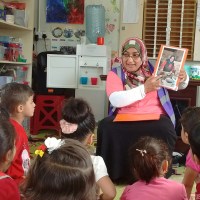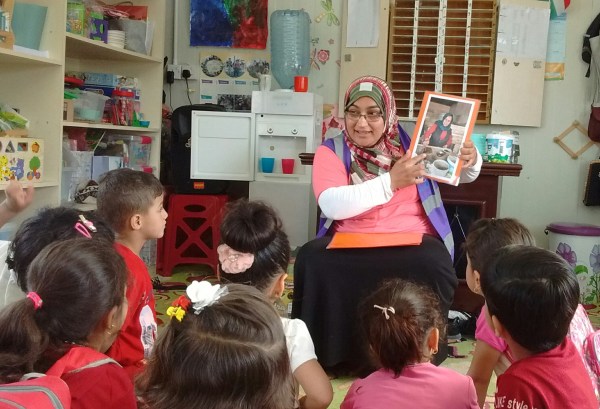Working in a conflict zone is hard, especially with a pandemic looming.
For our refugee friends, the coronavirus (or COVID-19) is yet another brush with uncertainty. It’s kept families cooped up in tiny cinder block homes. It’s meant schools are closed and kids stuck at home, making it harder for parents to work.
And if the coronavirus spreads widely in places like Syria or Mexico or Iraq, refugees in crowded shelters with limited access to medicine will be among the hardest hit.
As of March 5, Iraq has seen 35 cases of coronavirus and 3 deaths. Iran, which borders Iraq, has seen over 3,500 cases and more than 100 deaths. Other countries where we work are bracing for the disease.
READ MORE: How Coronavirus Is Affecting Refugees
Coronavirus is already impacting our daily work—but this work is more vital than ever, precisely because of it.
Borders closed
Turkey has grounded flights in and out of northern Iraq because of the virus, making travel difficult. The border between Iran and Iraq is also closed. Iraq’s economy depends heavily on goods from Iran. Within hours of the border closing, people began lining up for gas, waiting all night in fear that it would run out. Because Iraq depends so heavily on outside food, many are worried about food shortages coming next.
The border into Syria is almost completely closed, too. It’s already extremely difficult to get aid into Syria. Measures meant to stop the spread of disease also stop the spread of relief for those who need it most.
This is one reason why it’s vital to source aid from inside the country whenever we can. The emergency food rations we provided after Turkey invaded northern Syria were sourced as locally as possible. Our bedrolls and many of our winter survival supplies are being made locally—often by other Syrians who are also displaced and needing a chance to work.

Class is not in session (for now)
Many schools and childcare centers are closed across Iraq—including our space for refugee kids. Our four tech hubs have suspended classes until March 8, when we’ll reassess the situation.
In the meantime, our tech staff is working remotely to keep their skills sharp for when students and workers return.
The question weighing on our minds right now is this: when can we start back up again? When will the disease run its course? No one knows the answer.
But what we do know is this: the threat of coronavirus—just like the threat of violence—is exactly why this work is needed.
Our tech hubs equip refugees and other vulnerable young people to work from anywhere, with nothing more than a smartphone. For many in Iraq or Syria or Mexico, life is far too volatile for your job to depend on your location.
So we’re creating jobs that move with you. So whether you have to stay home because of the spread of disease, or whether you have to flee your home because of the spread of violence—you can keep working.
You can keep earning income.
You can keep providing for your family.
In the face of coronavirus and other threats, refugees need solutions that move with them. And that’s what you make possible when you give.
The future is uncertain. No one knows how widely this disease will spread or how bad the effects will be. But we are committed to our friends.
We are committed to the work you’ve entrusted to us.
We’re not going anywhere.


